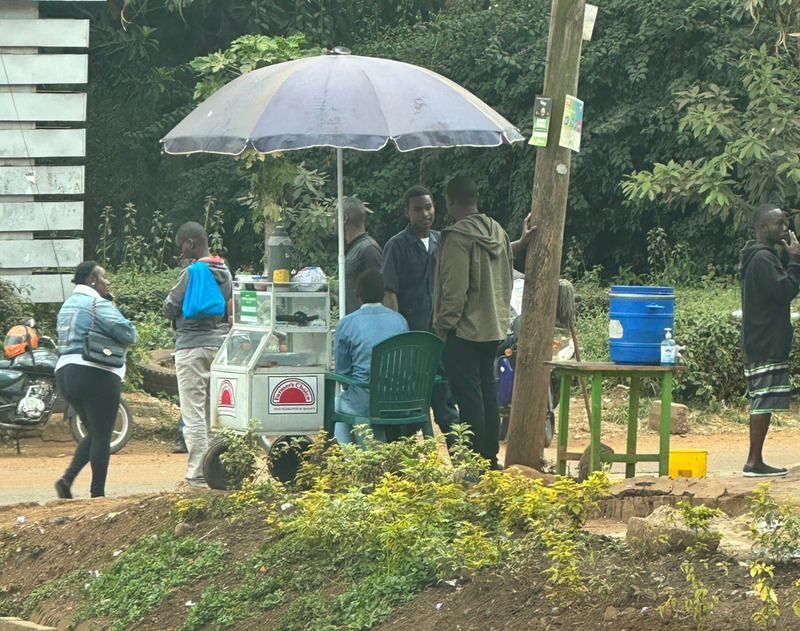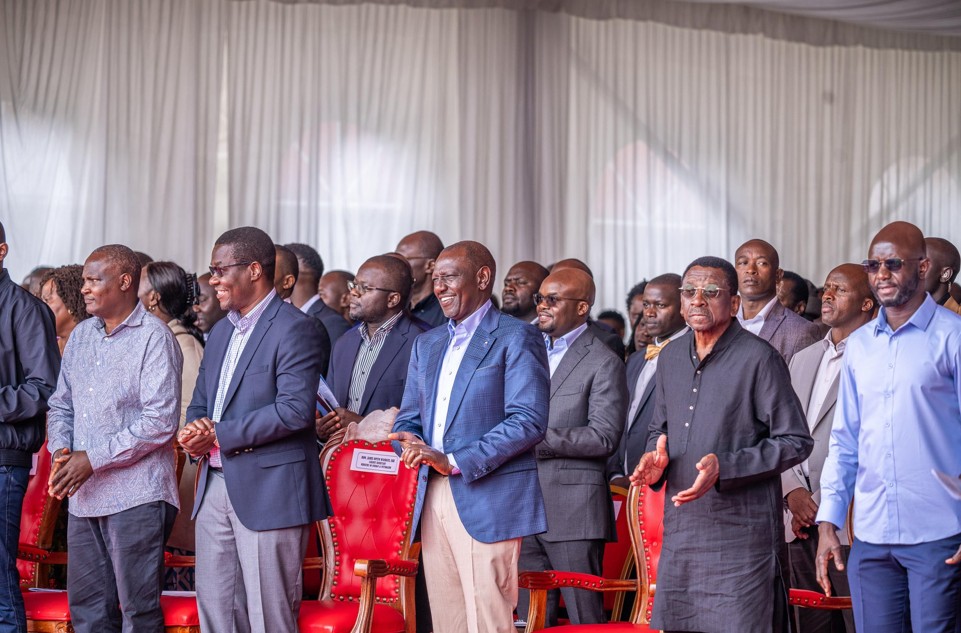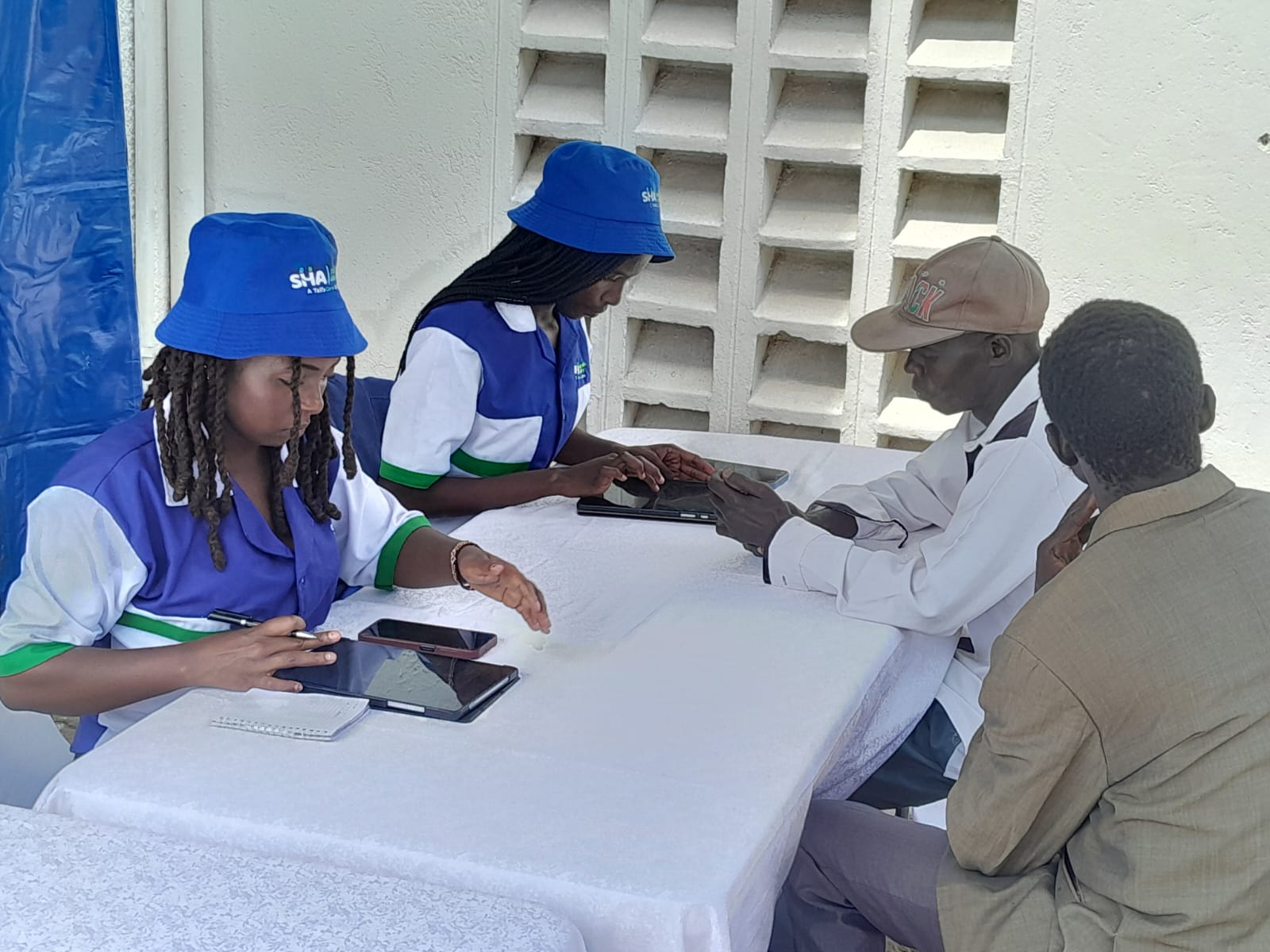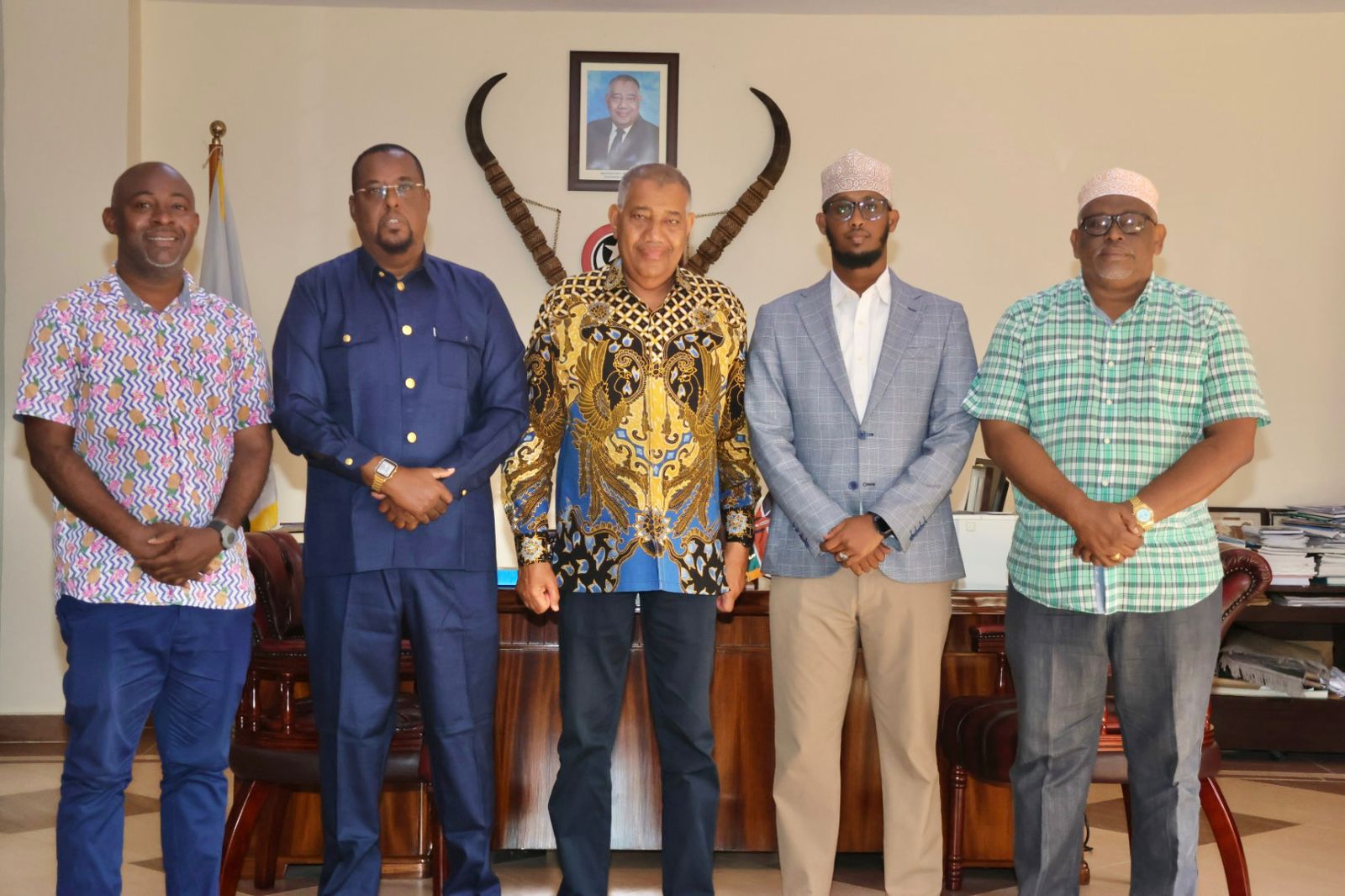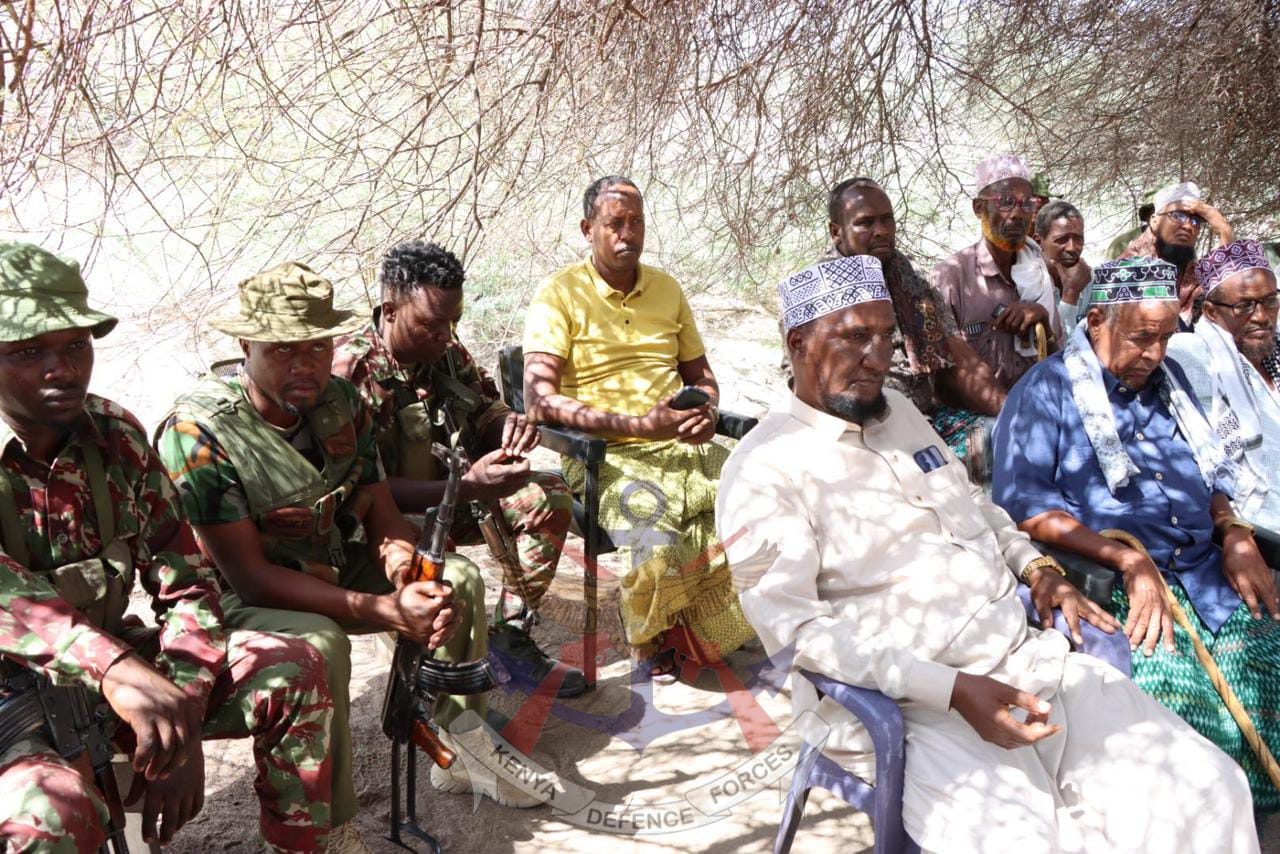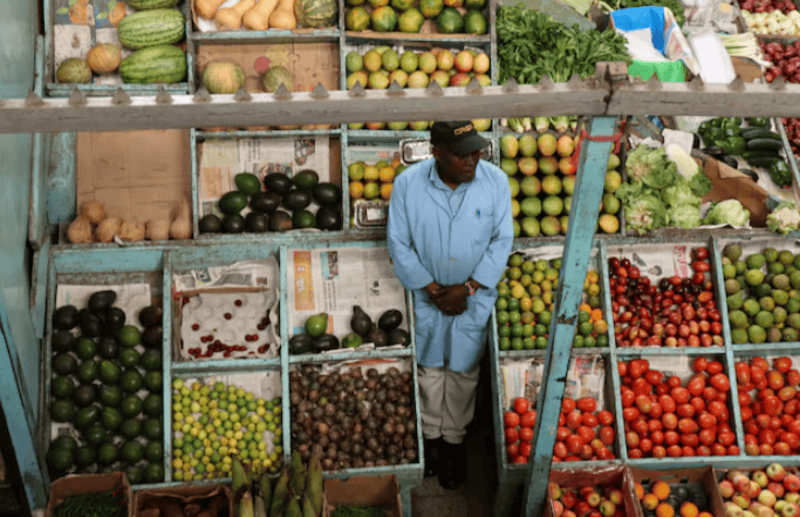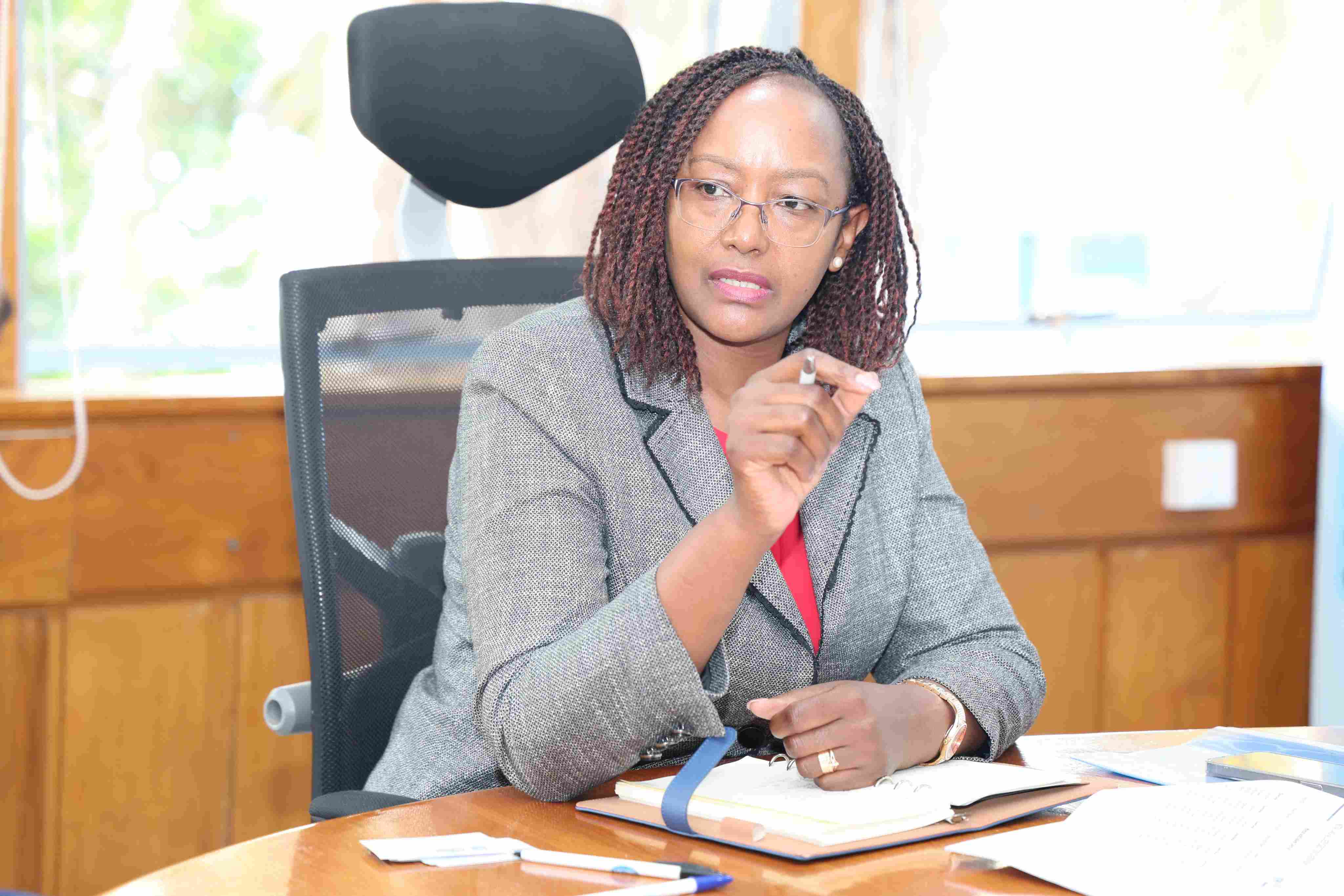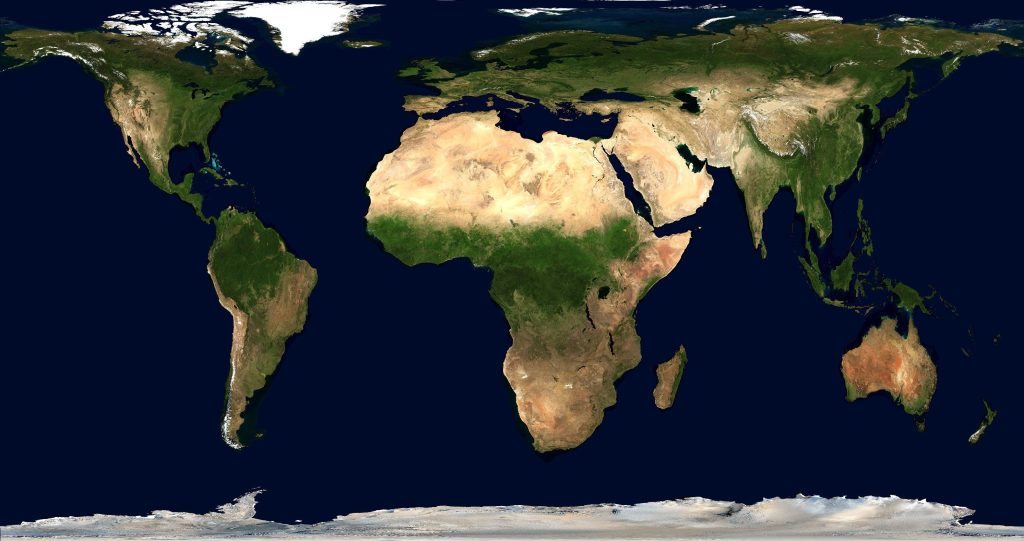From Bungoma to the world: How I turned passion for Swahili into global classroom - Abdulkarim Murunga
I started recording our lessons and sending the videos for revision. Unexpectedly, other students began reaching out after watching my videos. That’s how my online Swahili classes were born - Abdulkarim Murunga.
As Swahili gains international recognition, Abdulkarim Murunga's journey highlights the power of authentic teaching and digital innovation. He spoke to The Eastleigh Voice and, in his own words, illustrated how technology can break down barriers and connect people worldwide...
I was born in Bungoma, but today I live in Mombasa - and from here, I teach the Swahili language to students around the world.
More To Read
- East Africa mourns Prof John Habwe, scholar who advanced Kiswahili literature and language
- How Kiswahili is building a cultural bridge between China, Tanzania
- Rwanda to host 2025 World Kiswahili Language Day celebrations in Kigali
- Kiswahili and French recognised as official languages of the EAC
- 'Panya route' joins Oxford English Dictionary as second Swahili word
- Why all college and university students should learn Kiswahili
I never set out to become an online Swahili teacher. Back in university, I used to offer tuition to primary school students during my free time, mostly teaching them science, mathematics, and languages. But I quickly noticed something: while many of the students excelled in technical subjects, they struggled to express themselves in English and Swahili. That observation planted a seed in me.
I began focusing on helping them improve their Swahili. The challenge, however, came during the holidays. Some of my students - many from places like Sweden and the UK - would travel back home. And when they returned to Kenya, they had forgotten almost everything we had learned. That’s when I asked myself: how can I continue teaching them even when they’re abroad?
The answer was online learning. I started recording our lessons and sending the videos for revision. Unexpectedly, other students began reaching out after watching my videos. That’s how my online Swahili classes were born.
Today, my students come from all corners of the globe - Germany, Sweden, South Africa, and beyond. They range in age, too: my youngest student is just nine years old, and the oldest is seventy. I group them accordingly and tailor my teaching to each group’s needs.
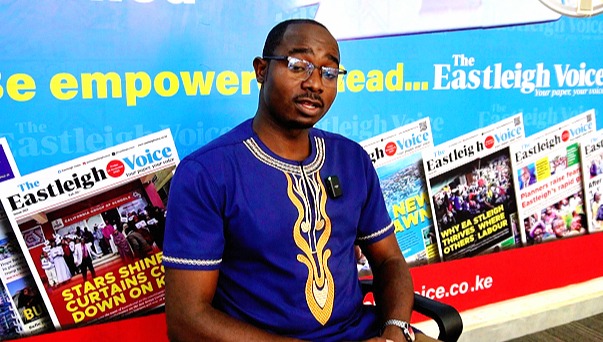 Abdulkarim Murunga speaks during the interview with 'The Eastleigh Voice'. (Photo: Ahmed Shafat)
Abdulkarim Murunga speaks during the interview with 'The Eastleigh Voice'. (Photo: Ahmed Shafat)
For English speakers, teaching Swahili is fairly smooth since I’m fluent in English. But when I get students who don’t speak or understand English, it gets trickier. I have to rely on creativity - gestures, images, and detailed visual presentations - to get the message across. It’s tough, but also incredibly rewarding when understanding finally clicks.
Most of my content lives on TikTok. I post short, digestible Swahili lessons that are easy for viewers to engage with. The beauty of TikTok is its reach - those short videos travel fast and far, and I’ve been able to connect with a huge audience because of it. Of course, one of the challenges is finding the time to record and edit the videos, but the impact makes it worthwhile.
Beyond pre-recorded content, I also hold live classes on TikTok where anyone can join in. For more personalised lessons, I offer one-on-one Zoom sessions. It’s become more than just teaching—it’s a global community of learners connected by a love for Swahili.
Teaching online has not only given me a sustainable income but has also helped me grow both professionally and personally. I’m proud to say that when people hear my name, they know me as a Swahili teacher. I’ve built a brand, and I’ve helped many people speak confidently and even pass their exams.
My background in education - holding a Bachelor of Education in Science - gave me the foundation. But my experience mentoring students at Huda Integrated School in Nairobi in 2017 is what truly lit the fire. I saw students struggling with Swahili and feeling excluded. I knew I had to do something.
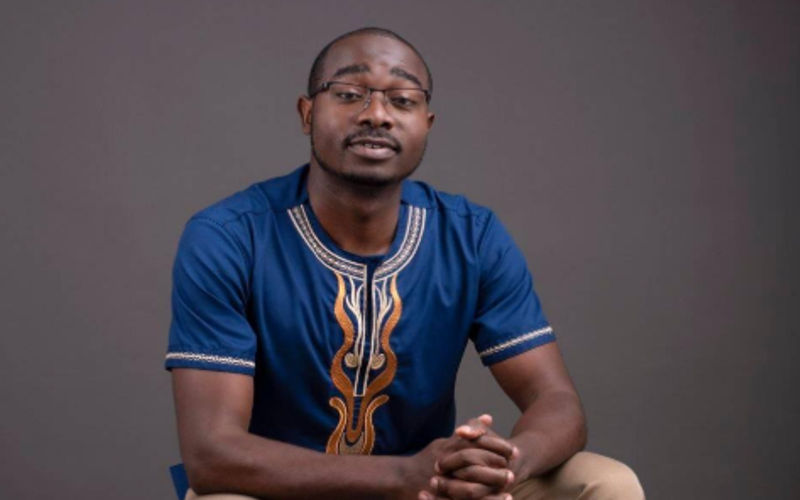 Swahili teacher Abdulkarim Murunga. (Photo: Courtesy)
Swahili teacher Abdulkarim Murunga. (Photo: Courtesy)
That’s when I started my YouTube channel, and later moved to TikTok, where my lessons found an even bigger audience. Since then, I’ve also collaborated with other creators and organisations, helping to raise awareness about the importance of Swahili, not just as a subject, but as a tool for unity and communication.
Swahili is growing. It’s now an official language at the United Nations and the African Union. Global media outlets like the BBC use it in their reporting. We even celebrate World Swahili Day every year on July 4th. This is more than just a language - it’s a bridge. It connects people across borders and backgrounds, in business, in culture, and in everyday conversation.
Other Topics To Read
I focus on teaching Kiswahili Sanifu - the standardised version of the language used in schools across East Africa. It’s rooted in the Swahili of Zanzibar, though once there were multiple versions like Kimvita from Mombasa. After a vote across East African countries, Kiswahili Sanifu became the agreed-upon standard for education.
Technology has made this journey possible. It’s helped me reach learners far beyond my physical environment and has shaped me into a better teacher. And while the work can be demanding, I’ve learned the importance of taking breaks to avoid burnout.
My message to other aspiring content creators is simple: start with a clear purpose and be authentic. Keep posting, keep learning, and use language as a force to bring people together.
After all, Swahili isn’t just something we speak - it’s something we live.
Top Stories Today
